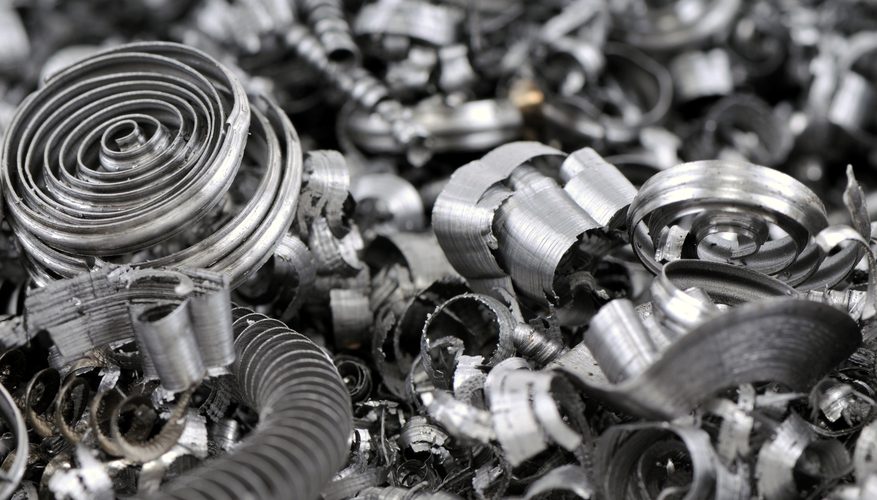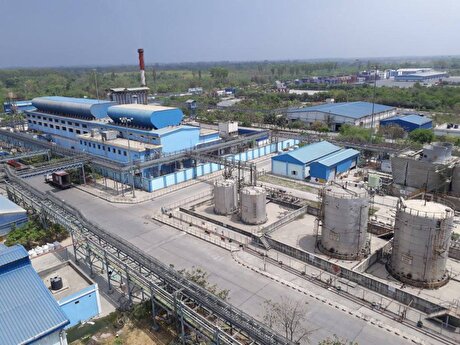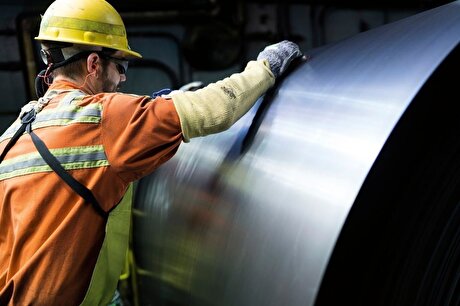
Italian steelmakers target rare deep-sea scrap bookings

One 38,000t UK-origin scrap cargo was heard sold and shipped to Italy in late March-early April and one 29,000t cargo from the US east coast to Italy was fixed on the shipping market earlier this week.
Italian mills are not rare buyers on the seaborne market but they typically purchase smaller short-sea cargoes from neighbouring countries such as France, Slovenia and Croatia.
Italian mills very occasionally purchase larger cargoes on the seaborne market. The last time Italy imported more than 20,000t in a month from a country with which it does not share land borders was from the Netherlands in November 2018.
It is rarer for Italy to purchase large volumes of scrap from outside continental Europe. The last time that Italy bought more than 5,000t of scrap from a country outside the continent was from the UK in March 2018.
Italian mills have been forced to seek scrap from atypical sources because many scrap yards across the country were ordered to close by the government from early March as the coronavirus outbreak escalated. Yards that were allowed to remain operational were only able to receive scrap from industrial accounts, but supply from these sources was low because of a slowdown in manufacturing.
Domestic scrap flow in Spain — another large steelmaking European country that was significantly disrupted by the pandemic — was also very slow for most of April. The lack of domestic supply has encouraged mills to buy larger seaborne cargoes.
A 30,000t scrap cargo was sold from the UK to Spain for late April shipment, according to Argus vessel tracking data.
Spanish mills are more regular seaborne scrap buyers compared with Italian mills, but they typically only buy scrap cargoes below 10,000t on small vessels such as coasters from the UK.
It is very possible that steel mills in Italy and Spain will seek more seaborne deep-sea cargoes in the coming weeks. Mills aim to take operations back to pre-pandemic levels as quickly as possible as lockdown measures are either eased or set to loosen in the near future. But scrap availability in these countries will not increase as rapidly as the rate at which mills restart operations.
By Chi Hin Ling


Hindustan Zinc to invest $438 million to build reprocessing plant

Gold price edges up as market awaits Fed minutes, Powell speech

Gold Fields nears $2.4B Gold Road takeover ahead of vote

Glencore trader who led ill-fated battery recycling push to exit

UBS lifts 2026 gold forecasts on US macro risks

Roshel, Swebor partner to produce ballistic-grade steel in Canada

EverMetal launches US-based critical metals recycling platform

Iron ore price dips on China blast furnace cuts, US trade restrictions

Cleveland-Cliffs inks multiyear steel pacts with US automakers in tariff aftershock

Trump raises stakes over Resolution Copper project with BHP, Rio Tinto CEOs at White House

US seeks to stockpile cobalt for first time in decades

Trump weighs using $2 billion in CHIPS Act funding for critical minerals

Nevada army depot to serve as base for first US strategic minerals stockpile

Emirates Global Aluminium unit to exit Guinea after mine seized

Tailings could meet much of US critical mineral demand – study

Codelco cuts 2025 copper forecast after El Teniente mine collapse

Glencore targets 1Mt of copper in Argentina over coming decade

Viridis unveils 200Mt initial reserve for Brazil rare earth project

SQM boosts lithium supply plans as prices flick higher

US seeks to stockpile cobalt for first time in decades

Trump weighs using $2 billion in CHIPS Act funding for critical minerals

Nevada army depot to serve as base for first US strategic minerals stockpile

Tailings could meet much of US critical mineral demand – study

Codelco cuts 2025 copper forecast after El Teniente mine collapse

Glencore targets 1Mt of copper in Argentina over coming decade

Viridis unveils 200Mt initial reserve for Brazil rare earth project

SQM boosts lithium supply plans as prices flick higher

Abcourt readies Sleeping Giant mill to pour first gold since 2014















